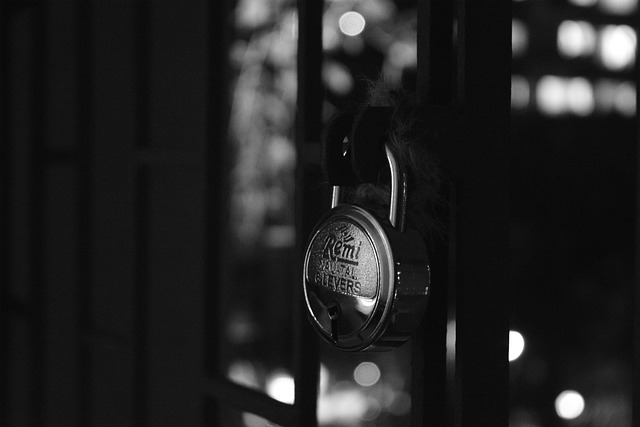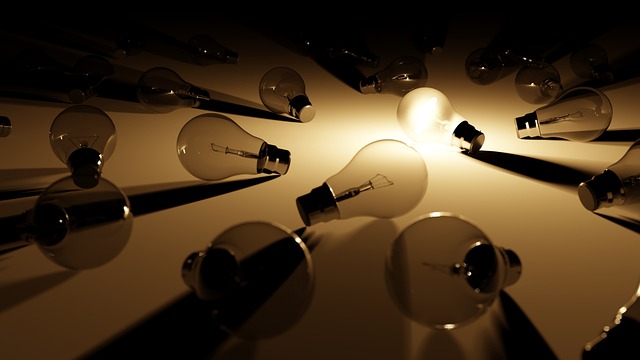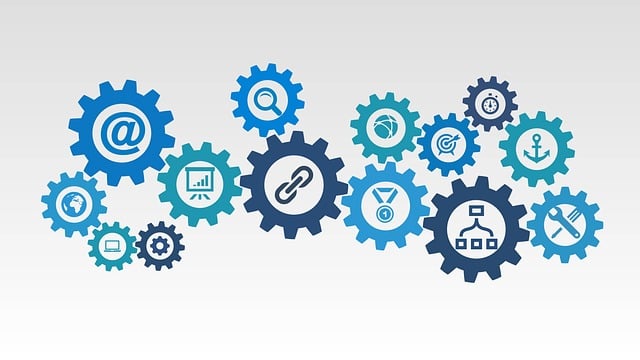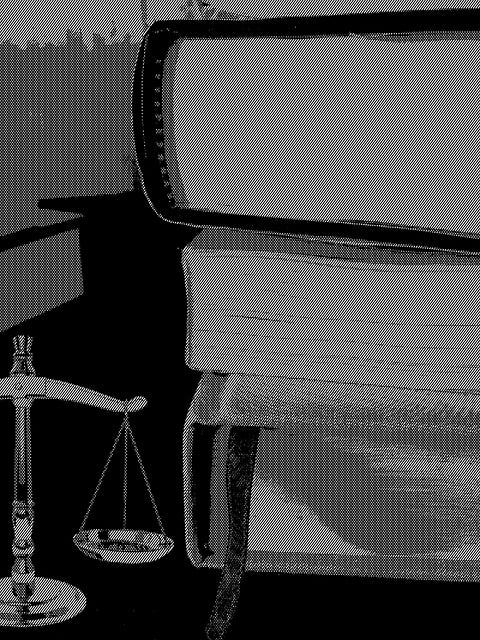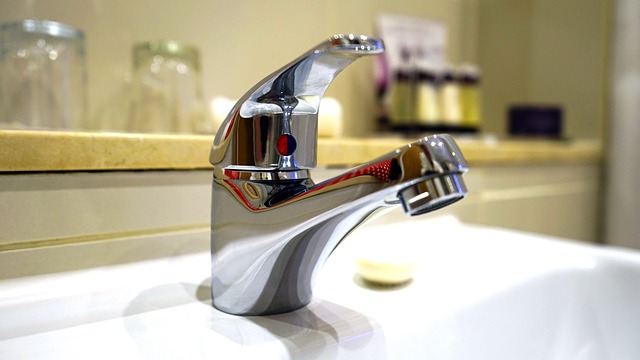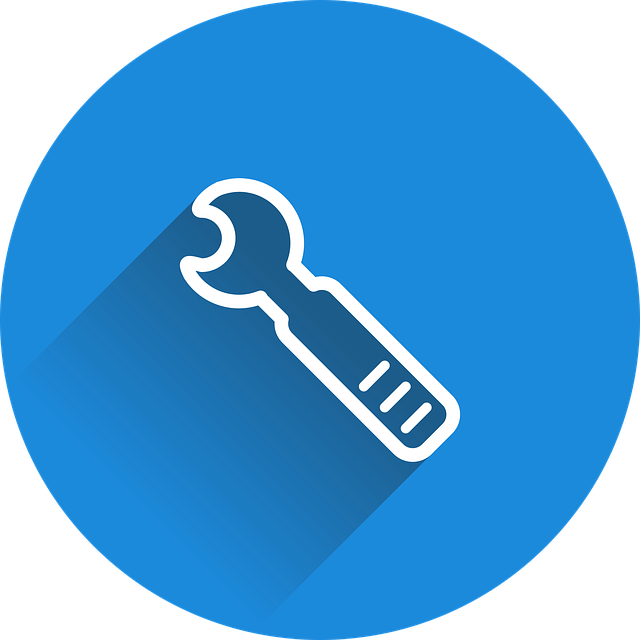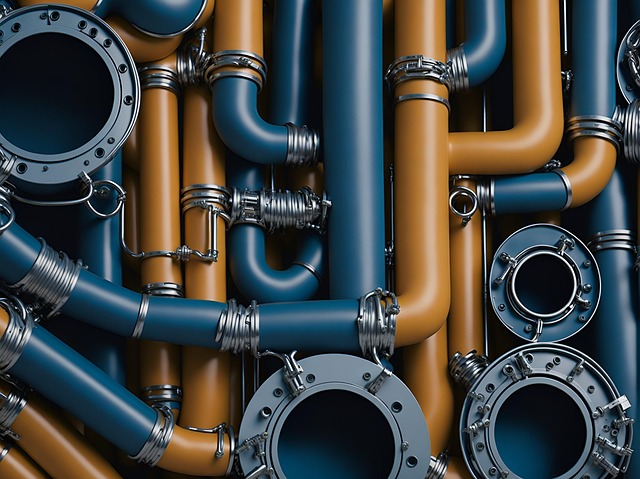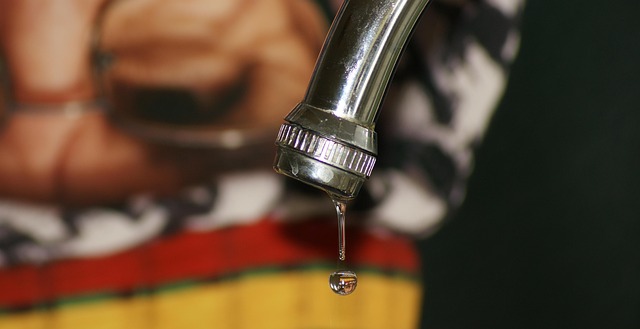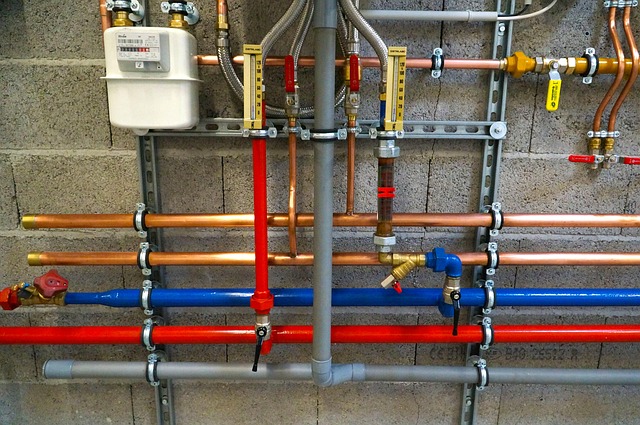Water filters are vital components of modern plumbing systems, removing impurities and maintaining optimal water pressure. Regular inspections and prompt filter replacements are essential plumbing maintenance tips to prevent clogs, reduce water flow issues, and protect fixtures from damage. Neglecting these practices can lead to sediment buildup, reduced water pressure, fixture malfunctions, and costly repairs. By conducting regular inspections and replacing filters every 3-6 months, homeowners can ensure smooth operations, prolonged fixture lifespans, and lower maintenance costs, ultimately promoting efficient plumbing system performance and water conservation.
Staying on top of your home’s water filter maintenance is essential for optimal plumbing health. Water filters play a vital role in maintaining clean, safe water and ensuring your fixtures perform optimally. Regular inspections and timely replacements are key to preventing leaks and preserving water pressure. This article guides you through the importance of filter changes, the impact on water quality and pressure, and offers practical plumbing maintenance tips, including when to replace filters and the relationship with fixture replacement for efficient water usage.
- Understanding Water Filters: Their Role in Plumbing Systems
- Importance of Regular Filter Replacement for Optimal Water Quality
- Plumbing Maintenance Tips: When and How Often to Replace Filters
- The Impact of Sediment Removal on Water Pressure and Fixture Performance
- Preventing Leaks: A Comprehensive Approach, Including Filter Maintenance
- Efficient Water Usage: Replacing Old Fixtures and Their Relationship with Filters
Understanding Water Filters: Their Role in Plumbing Systems
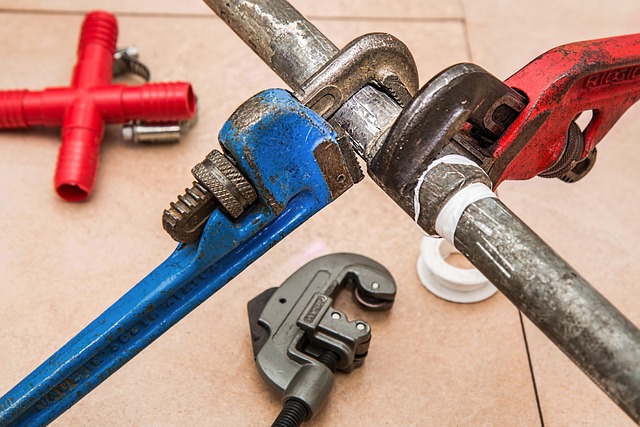
Water filters play a crucial role in modern plumbing systems, offering numerous benefits that extend far beyond simple taste and odor improvements. These devices are designed to remove impurities, including sediment, chlorine, and other contaminants, from your home’s water supply. Regular inspections and timely replacement of water filters are essential components of effective plumbing maintenance tips, as they help prevent leaks and maintain optimal water pressure.
By keeping filters clean and replaced, you contribute to the overall efficiency of your plumbing system. Sediment buildup in pipes can lead to clogs, reduced water flow, and even damage to fixtures over time. Therefore, incorporating regular filter replacements into your plumbing maintenance routine is a proactive approach to ensuring smooth operations and longevity for all connected fixtures, from faucets to appliances that rely on clean water.
Importance of Regular Filter Replacement for Optimal Water Quality
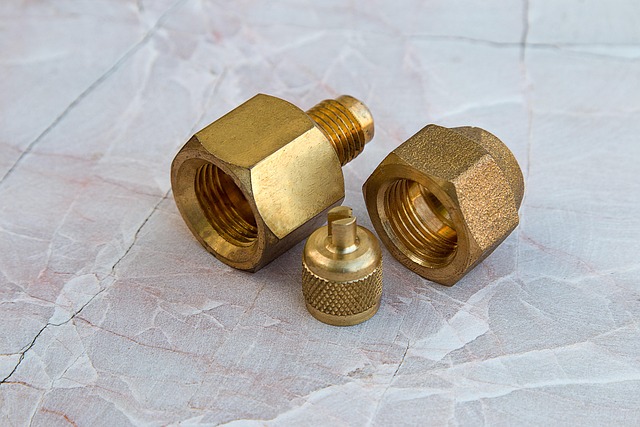
Regularly replacing water filters is a crucial aspect of plumbing maintenance that often goes overlooked. It’s a simple yet effective step to ensure optimal water quality for your home or business. Over time, even high-quality filters become saturated with impurities, which can include sediment, bacteria, and other harmful contaminants. These particles accumulate and impact the performance of your plumbing system. For instance, a clogged filter may reduce water pressure, affecting the efficiency of your fixtures.
By conducting regular inspections and replacing filters as needed, you prevent leaks and prolong the lifespan of your plumbing components. Sediment buildup can cause damage to pipes and appliances, leading to costly repairs. Additionally, clean filters enhance taste and odor in your water supply, ensuring a more enjoyable experience for users. Remember, preventing issues through filter maintenance is often more affordable and less disruptive than addressing problems caused by neglected plumbing maintenance tips.
Plumbing Maintenance Tips: When and How Often to Replace Filters

Regular plumbing maintenance involves more than just scheduling fixture replacements and leak preventive measures; it also includes keeping your water filters in top condition. Water filters, while effective at removing sediment and improving water pressure, eventually become clogged and lose their efficiency. To ensure optimal performance from your plumbing system, incorporate regular filter replacements into your plumbing maintenance tips routine.
Performing regular inspections of your water filters is key to identifying when they need to be changed. Clogged filters can lead to reduced water pressure, which not only affects the functionality of your fixtures but also increases energy costs. Schedule filter replacements every 3-6 months, depending on the quality of your local water supply and the type of filter installed. Sediment removal is a crucial part of plumbing maintenance tips; a clean filter ensures that sediment buildup doesn’t clog pipes or damage fixtures, requiring costly repairs or complete fixture replacement down the line.
The Impact of Sediment Removal on Water Pressure and Fixture Performance
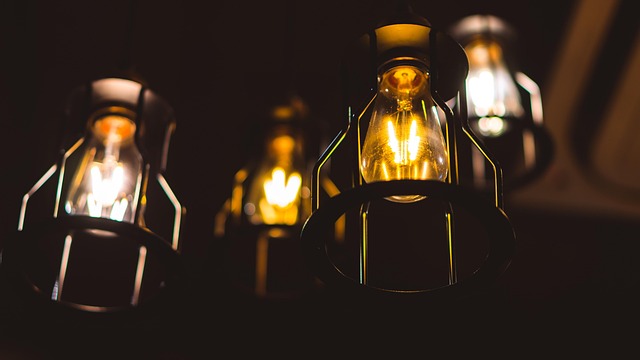
Regularly replacing water filters is a crucial aspect of plumbing maintenance tips that often goes unnoticed but significantly impacts your home’s water quality and overall plumbing system health. Sediment buildup in water filters can lead to numerous issues, particularly regarding water pressure and fixture performance. Over time, sediment removal becomes essential for leak prevention, as it stops small particles from accumulating and causing damage to pipes and appliances.
When sediment is not effectively removed, it can clog fixtures and reduce water pressure, affecting the efficiency of your plumbing system. Regular inspections should include checking filter conditions to ensure optimal performance. By replacing filters according to manufacturer recommendations, you foster a symphony of smooth water flow, prolonged fixture lifespan, and overall reduced maintenance costs, making it a vital part of any proactive home ownership strategy.
Preventing Leaks: A Comprehensive Approach, Including Filter Maintenance

Regular plumbing maintenance tips include a comprehensive approach to leak prevention, starting with meticulous filter maintenance. By regularly inspecting and replacing water filters, homeowners can significantly reduce the risk of leaks and maintain optimal water pressure. Sediment buildup in filters can lead to clogs, causing water flow restrictions and potentially leading to fixtures that drip or even burst. Incorporating regular inspections into your plumbing routine allows for early detection of any issues, ensuring swift action before minor problems turn into costly repairs.
Moreover, proper filter maintenance not only prevents leaks but also enhances the efficiency of water purification systems. Filters play a vital role in removing harmful sediments and impurities from the water supply, contributing to better indoor air quality and reducing wear and tear on appliances like heaters and pipes. When left unchecked, accumulated sediment can damage fixtures and appliances, underscoring the importance of consistent filter replacement as part of your plumbing maintenance regimen.
Efficient Water Usage: Replacing Old Fixtures and Their Relationship with Filters
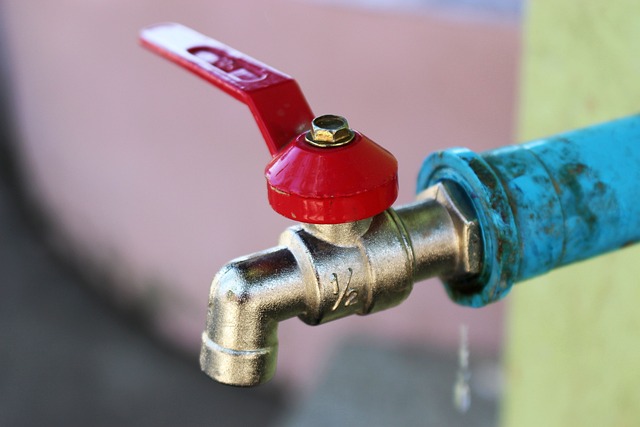
Efficient water usage goes hand in hand with regular plumbing maintenance tips and inspections. One often overlooked area is the age and condition of your fixtures, particularly those involved in water distribution and treatment. Old or faulty fixtures can lead to leaks, reduced water pressure, and increased sediment buildup, all of which strain your filters and compromise water quality. Regular checks should include examining faucets, showerheads, and pipes for any signs of damage or wear. Prompt replacement of old or inefficient fixtures plays a significant role in maintaining optimal water pressure and minimizing sediment removal needs, thereby extending the lifespan of your water filters.
Through routine plumbing maintenance tips such as these, homeowners can prevent costly repairs, conserve water resources, and ensure clean, safe drinking water. Preventative measures like regular inspections and fixture replacement are key to keeping your home’s water system in top shape. Remember that leak prevention is not just about saving money on bills; it’s also about preserving our environment by reducing wastage. So, consider these aspects as part of your overall strategy for sustainable living and efficient water usage.
